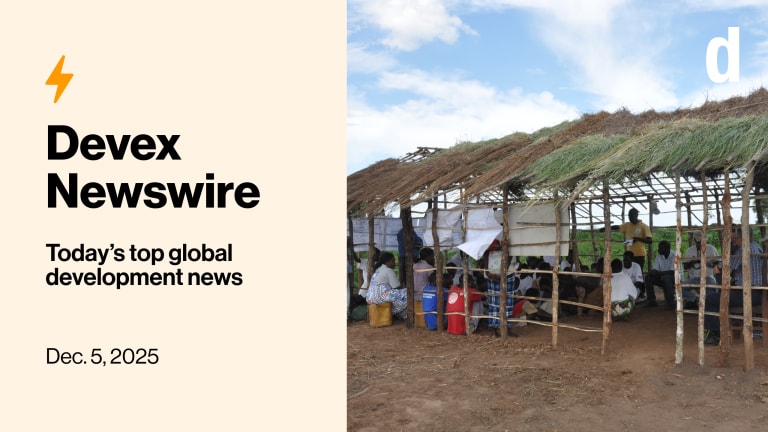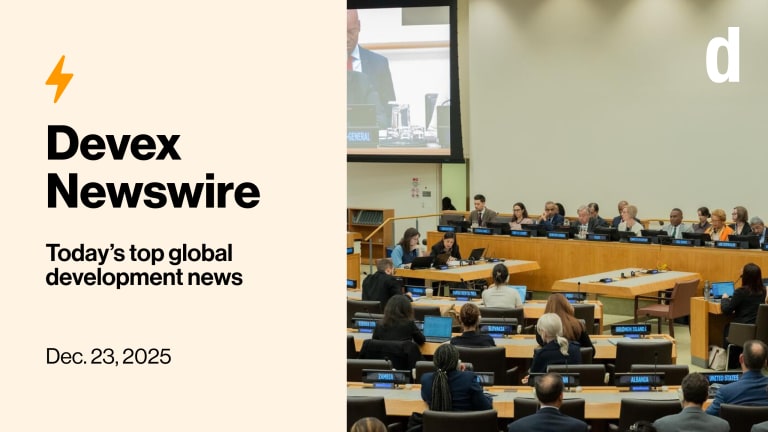
When I was elected president of the International Federation of Red Cross and Red Crescent Societies late last year, a journalist suggested that I was taking on the role at the worst possible time.
I disagree.
The world’s humanitarian needs are at an all-time high, and there’s a growing disregard for humanitarian laws and norms.
This is when my voice and my humanitarian service — and those of my 14 million fellow Red Cross and Red Crescent volunteers around the world — are needed most. This is precisely the right time to speak out for the protection and dignity of people enduring the worst of times.
Few issues illustrate today’s humanitarian needs and concerns as vividly as the issue of migration. The movement of migrants is a fact of life all over the world. There are now almost 260 million migrants in the world — more than the population of Brazil, and only slightly less than that of Indonesia.
While many have migrated looking for a better life — as people have done throughout history — one in three are fleeing for their lives. The United Nations estimates that more than 65 million people in the world have been forcibly displaced by persecution, armed conflict, and violence.
Migration is, as it has always been, a fact of life. It has also always polarized public discourse, but the heat and anger that we see now is truly alarming. It now dominates elections. It has become so divisive, so toxic, that the idea of finding common ground might seem ridiculous. But if we choose to look at people and not politics, to ask why we wish to treat migrants differently to how we would expect to be treated ourselves, I believe we can find that common ground.
I believe we can agree that the price of searching for a better future, or of fleeing violence, should not be rape, drowning, or arbitrary and brutal detention. I believe that agreeing with this does not make a person “pro-migration.” It just makes them compassionate.
I believe we can agree that much of the violence, abuse, and death that are all too common for people migrating is preventable, and that all of it is unacceptable. I believe we can agree that no one should drown in the Mediterranean, starve in the Sahara, be exposed to brutal violence, or be sold as a slave.
These are not remarkable statements. Neither is the idea that all people migrating should have access to basic services, including access to humanitarian assistance and protection. And surely, we can all agree that the especially vulnerable — children, victims of torture and trafficking, pregnant women, people with disabilities, and elderly people — should be treated with particular kindness and care.
It is often said that the measure of a society is how it treats its most vulnerable. There can be no more vulnerable person than a child who has marched hundreds of kilometers, survived detention camps, and crossed dangerous seas on their own.
Finding this common ground is crucial because, without it — without a vocal majority on behalf of humanity — it is too easy for the safety and dignity of migrants to be diminished or unrecognized in national policies or international agreements.
This month, U.N. member states will meet in New York to begin negotiations on a Global Compact for Safe, Orderly and Regular Migration. It is a chance to develop a new global approach to migration, one that we hope will be more effective and more humane. During this process, IFRC will not be arguing for more or less migration. We will be arguing that every country is responsible for protecting people, regardless of their migration status. We will be arguing that increased suffering is an unacceptable and unnecessary price to pay for increased security or control.
Our message to governments is simple: save lives and protect dignity. Our message is about humanity.








